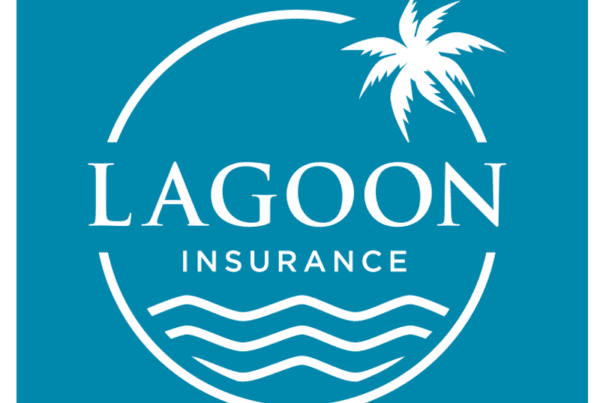
As a Florida condominium association there are many requirements needed to meet the needs of the community. Insuring this responsibility can be a daunting task. To compound the problem, Florida condominium association insurance is becoming more and more difficult to obtain and meet these requirements. Some Florida condominium associations are settling for less insurance coverage and higher deductibles to keep costs down. Statewide Insurance has developed creative ways to make sure you meet the requirements expected of your Florida condominium association.
HOW DO I SHOP FOR FLORIDA CONDOMINIUM ASSOCIATION INSURANCE?
- Start Early. At least 90 days prior to your current policy expiration. It takes time for agents and brokers to shop for these policies and meet your requirements.
- Contact an experienced independent insurance agent that is knowledgeable in Florida condominium association insurance coverage. Independent insurance agents have access to multiple brokers and companies and they can submit your quote request to multiple markets.
- You will need to request a copy of your “loss runs” for your current Florida condominium association insurance. The loss runs are a hard copy report from your carrier that details any losses you have had with this carrier. These loss runs are a requirement of the new Florida condominium association insurance carrier even if you have not filed any claims.
- Scan your insurance documents. This will make it easier to transfer them to company underwriters through email. Certain Florida condominium association insurance company requirements include a copy of the current declarations page as well as your governing documents.
- It will be helpful if you have a recent appraisal.
- Photos are a big help as well. If you have photos it will help the underwriters better understand what you need.
WHAT COVERAGES ARE AVAILABLE FOR A FLORIDA CONDOMINIUM ASSOCIATION INSURANCE POLICY?
- Building Coverage. This covers the building or buildings on the premises. Special Form coverage is the broadest form of coverage. Alot of carriers only offer basic form coverage, which is limited. While you can purchase a “difference in conditions” policy to supplement some of the lacking coverage in a basic policy, the special form is still your best bet if it is available in your area.
- Other Structures. This can cover signs, fences, carports, etc.
- Boiler and Machinery. Covers your mechanical equipment.
- Liability. This will respond in the event someone is injured in the common areas of the property.
- Medical payments. This pays in the event there is a minor injury in one of the common areas.
- A Florida condominium association also needs insurance for it’s board of directors. A director’s and officers policy will protect board members should a decision made by them cause injury or damage.
- Fidelity bonding is also a good idea as it will recoup losses that may occur if an officer of the board embezzles funds.
WHAT COVERAGES MIGHT BE EXCLUDED ON A FLORIDA CONDOMINIUM ASSOCIATION INSURANCE POLICY?
- Flood. No property policy covers flood. If you are in an area at risk of flood we can place a separate policy to cover this.
- Typically property coverage only applies to buildings. Make sure signs, fences, carports, or other structures on the premises are also covered.
- Coverage for the directors and officers of the board is provided by a separate Directors and Officers policy. Make sure you apply for this at the same time you apply for property coverage and general liability coverage.
- Bonding for your board members is also separate protection. Be sure to inquire about this when applying as well.
HOW CAN I SAVE MONEY ON FLORIDA CONDOMINIUM ASSOCIATION INSURANCE?
- The best way to save money on your Florida condominium association insurance is to shop around. Our experts have access to the top Florida condominium association insurance companies. GET A QUOTE NOW!
- Age of building discount or surcharge. Most companies offer discounts based on the age of the buildings. Newer buildings receive discounts due to more stringent building codes that have been applied in recent years. Older buildings typically receive surcharges based on age. This is due in part to less stringent building codes used in years past.
- Territory. Where the condominium is located can make a substantial difference in premium. Some Florida counties have higher rates than others. Proximity to the coast will also be a factor.
- Deductible. You may increase your deductible in order to reduce your premium, but you should carefully consider such factors as how much of a discount you will receive for a given deductible, and how much you can afford to pay for each claim.
- Location. If the building is more than 1,000 feet from a fire hydrant and/or more than 5 miles from a fire department you will find yourself paying a much higher insurance rate.
- Type of construction. Masonry buildings are less expensive to insure than frame buildings due to their fire ratings.
- Carrier appetite. Certain companies experience better claims histories with certain buildings, locations, and age groups. Their rates reflect this by offering lower rates to those groups they have found the best experience with.


